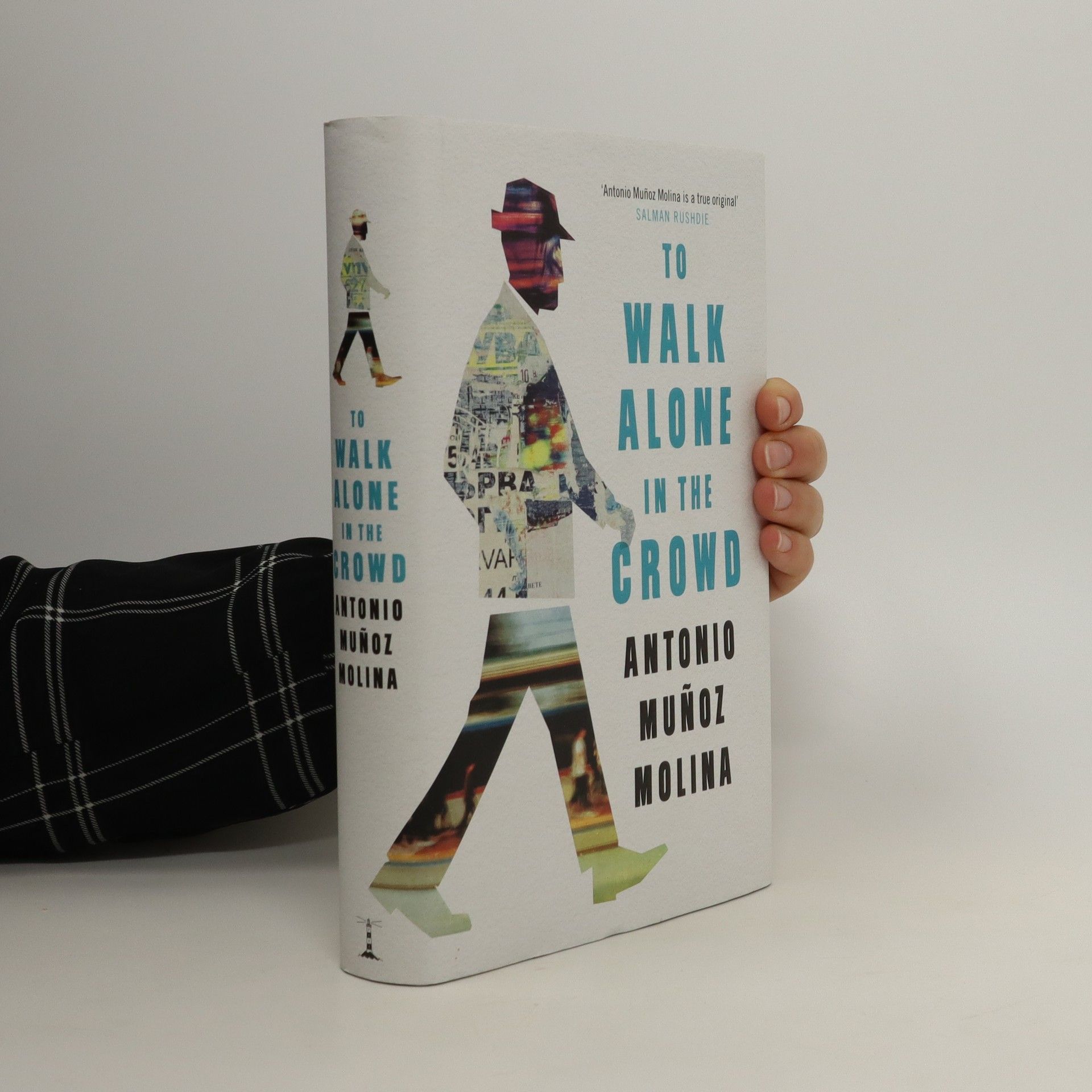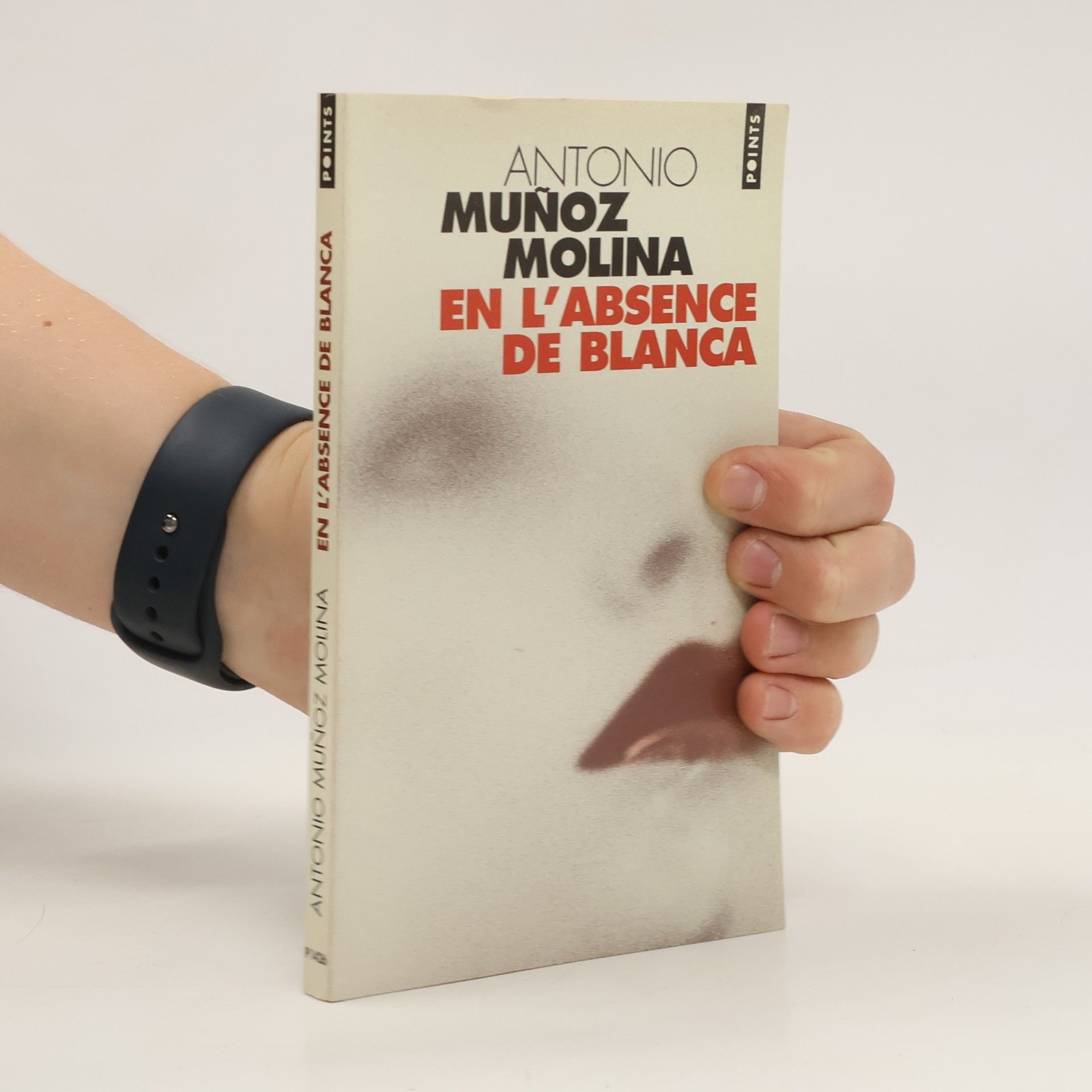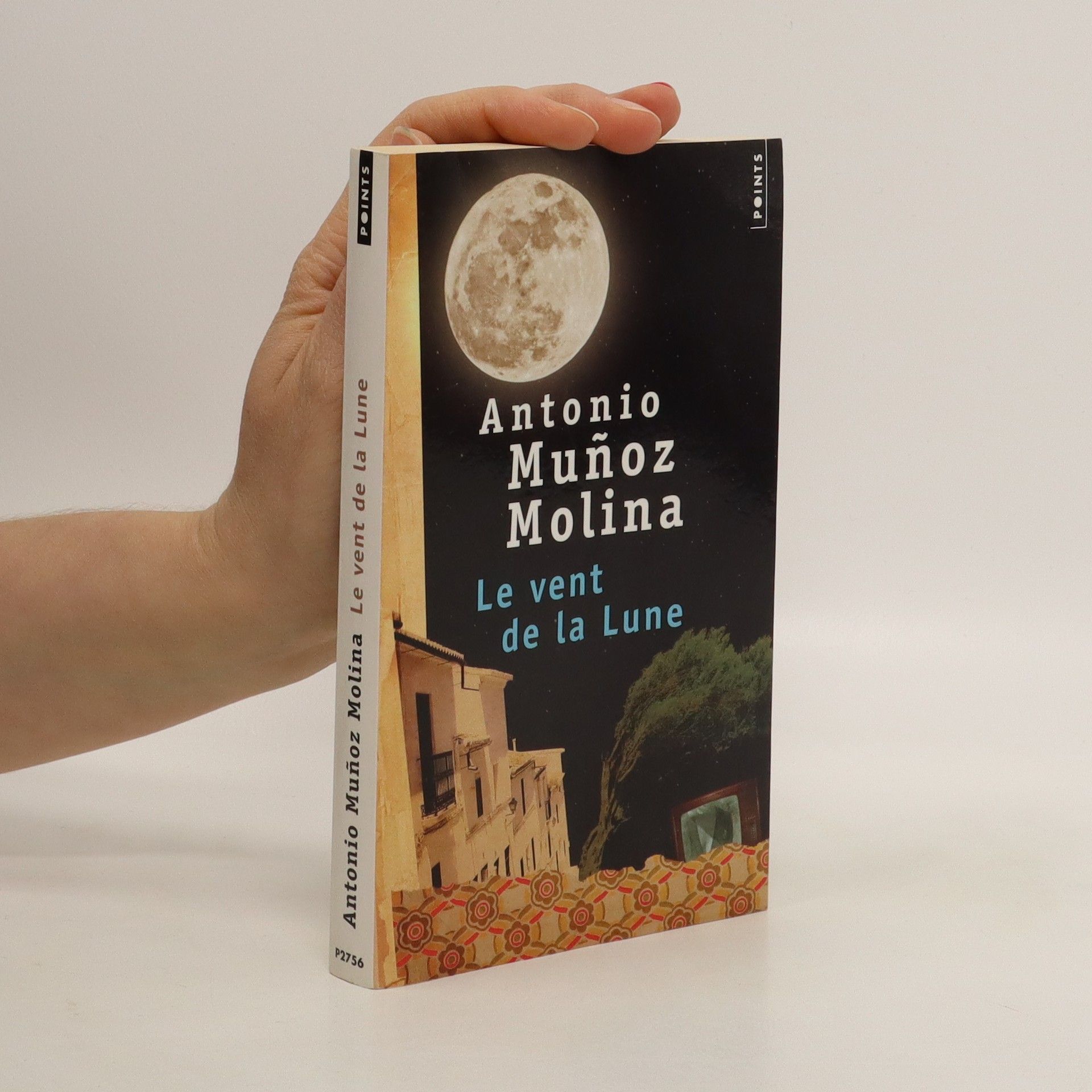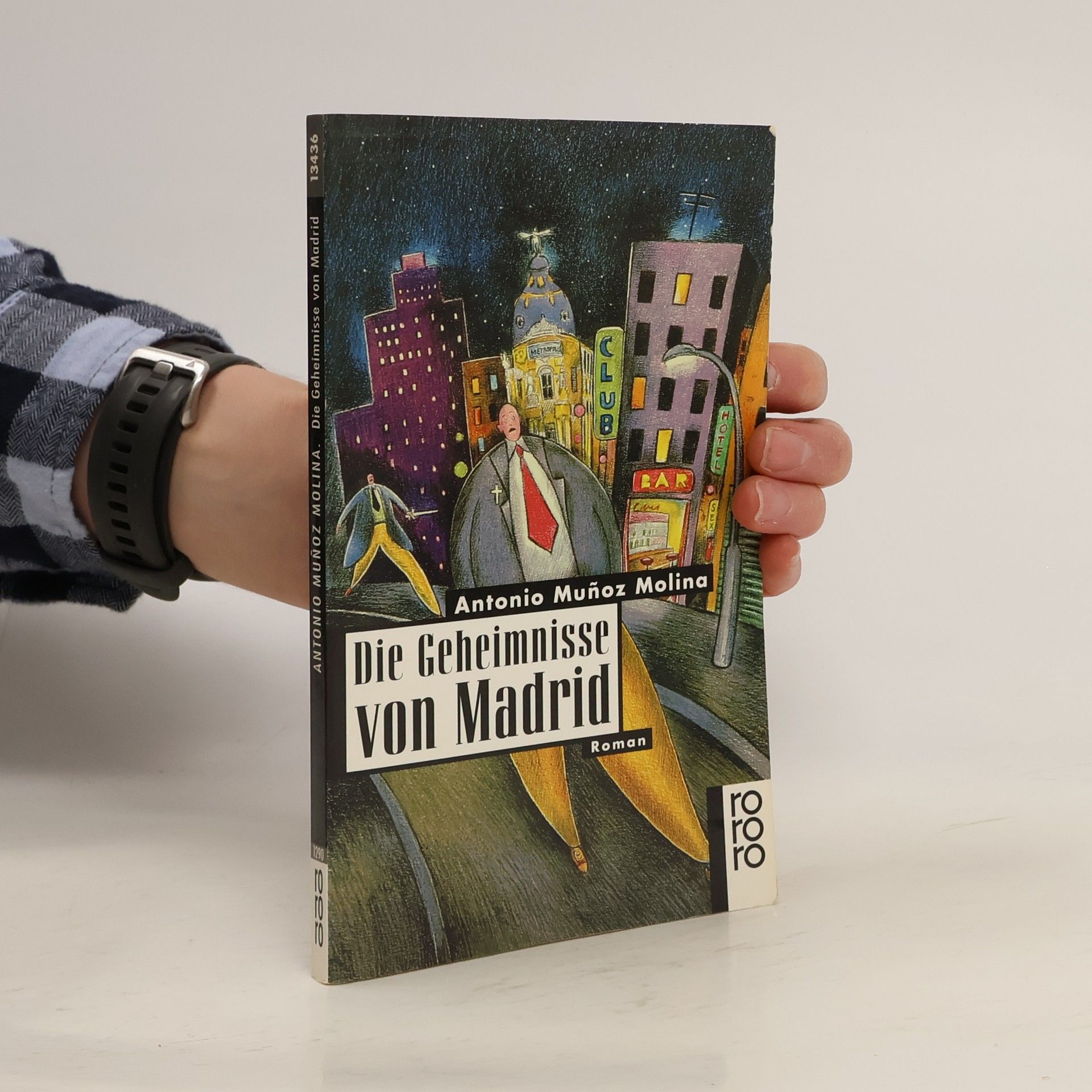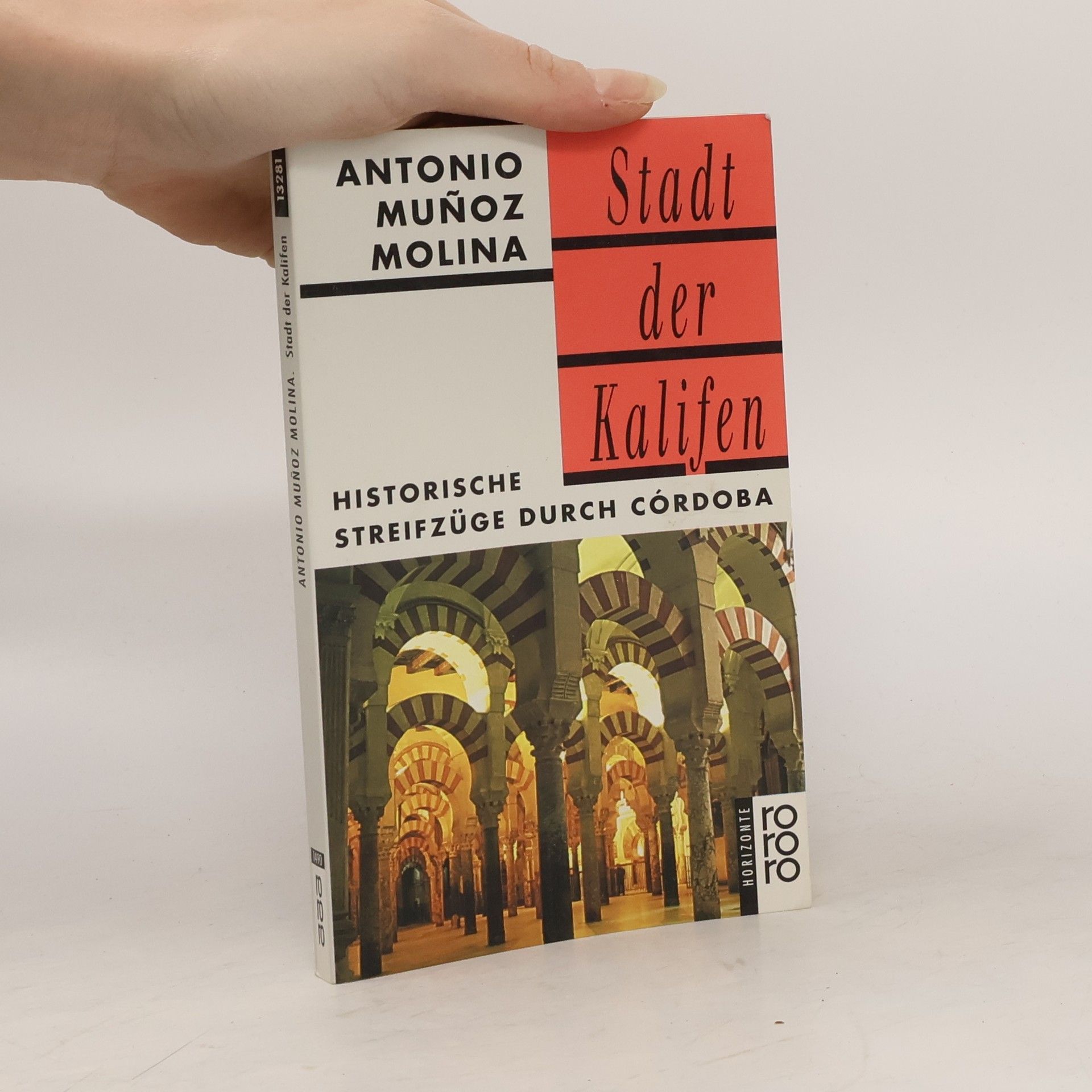Le vent de la Lune
- 360pages
- 13 heures de lecture
Le 20 juillet 1969, l'homme marche pour la première fois sur la Lune. Dans la petite ville andalouse de Mágina, un adolescent vit cet événement avec une passion d'autant plus grande que, pour lui, la vie s'écoule au rythme monotone de la récolte des olives, des querelles de famille, et du collège religieux. Tout cet univers pauvre et archaïque devient étranger à ce jeune garçon qui assiste à la naissance d'une nouvelle époque.

